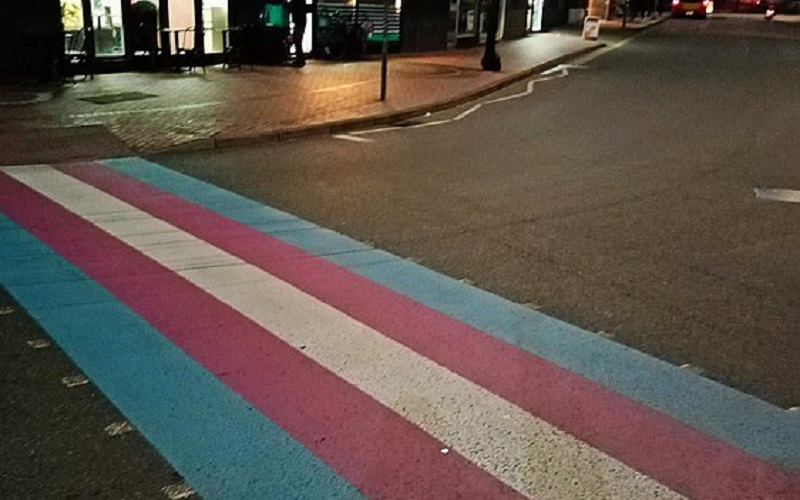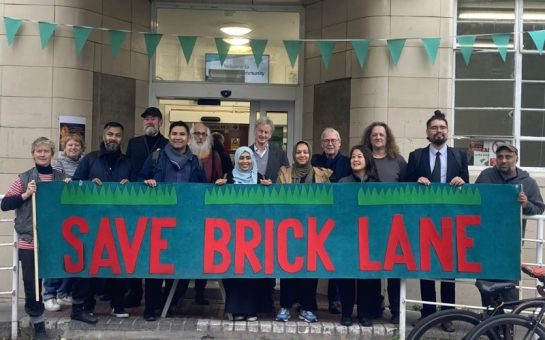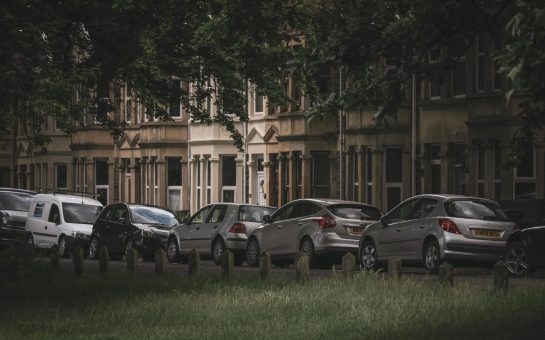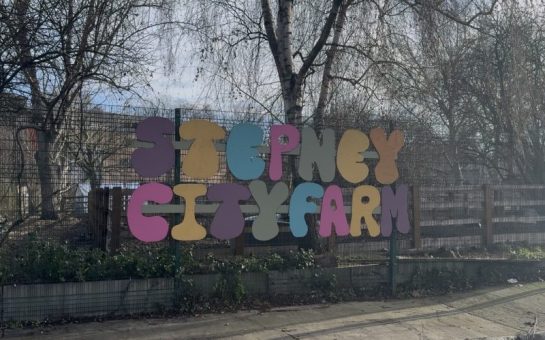Transgender people in London were significantly more likely to live in overcrowded housing than cisgender Londoners, according to the UK’s 2021 census data.
Overall, 27% of transgender Londoners reported living in overcrowded accommodation, compared to 16% of cisgender Londoners.
Southwark, Newham, Brent and Redbridge were worst affected, with more than a third of trans residents reporting living in overcrowded accommodation in those boroughs.
The Office for National Statistics (ONS) measured overcrowding using ‘occupancy rating’ – the number of rooms a house has, minus the number recommended for it.
Communications officer for trans and gender diversity charity Gendered Intelligence, Cleo Madeleine, said: “The communities we work closely with are overwhelmingly affected by housing insecurity, ranging from rough sleeping to couch-surfing, to young people in insecure housing positions because their families do not accept them.”
Transgender Londoners were also less than half as likely to own a home and about 20% more likely to rent privately than cisgender Londoners.
Overall, 48.6% of cisgender Londoners owned a home, either out right or with a mortgage, compared to 23% of transgender Londoners.
In contrast, 49.7% of trans Londoners rented privately compared to 30% of cis Londoners.
Luke Croydon, chief media officer for economic statistics at the ONS, said the high overcrowding rates for trans Londoners may be linked to age and geographical patterns, noting that LGBTQ+ people are more likely to be younger and live in urban areas than the population average.
About 262,000, or 0.5%, of people in England and Wales identified as transgender in the Census, however roughly 64,360 lived in London, putting the percentage slightly higher at 0.86%.
However, Madeleine said, even with these variables in mind, trans people tend to also be lower income and face more housing insecurity.
She added: “A common theme is people who – because of discrimination or a lack of acceptance around their identity – have not been able to get a job to support themselves to get secure housing.”
Gendered Intelligence recently launched a campaign to put young, insecurely housed trans Londoners in contact and train them as housing advocates.
Madeleine said: “I think one of the ways we can really help the trans community is by helping people build these networks and equipping them with the tools to fight things like housing insecurity on their own terms.”
Workshops will take place near King’s Cross at Voluntary Action Islington, 200A Pentonville Road, N1 9JP, on 11 and 24th May from 6-8:30pm.
Those affected by these issues who want to take part can register here.

Madeleine added that the crisis in the NHS transgender healthcare system also ramps up living costs, leading many trans people to take up poor quality, insecure housing.
She said: “What can happen is that people can be working multiple jobs, often trying to support families at the same time, and on top of that trying to support healthcare costs.
“It can snowball quite quickly and leave you in a very precarious situation.”
Two private gender dysphoria assessments cost over £530 on average in England, according to practitioners’ websites – more than half the average monthly rent for a room in London (£952, according to SpareRoom).
Waiting lists for a first appointment at one of England’s eight gender identity clinics range from two ro six years, according to sources collected by Genderkit.org.uk, forcing many to take this expensive approach.
One survey by TransActual said 54% of respondents had accessed hormones through a private prescription.
Madeleine said: “It is the lack of healthcare systems, the lack of support systems, and discriminations in housing and employment that are all contributing to this housing crisis.
“It is a real vicious circle that is very much alive in our communities here in the UK and it is really being fuelled by the cost-of-living crisis.”
Some critics have questioned the accuracy of the census, the first in the world to collect national gender identity data, but the ONS and trans rights campaigners said results were consistent with what they already knew.
Featured image: A P Monblat via Wikimedia Commons under CC BY-SA 4.0 licence





Join the discussion